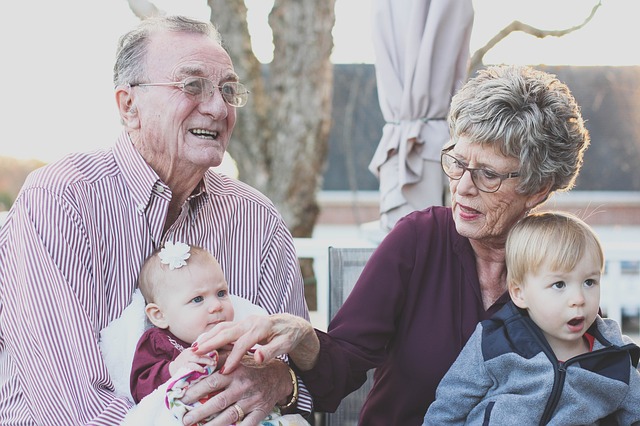Do Seniors With an Opioid Addiction Need Suboxone?
The impact that opioid addiction and the opioid crisis has on seniors is not one we hear about often. It is probably the least talked about aspect of the opioid epidemic. Most seniors aren’t aware of the dangers of addiction like people under 40. The “Greatest Generation” is also shown to have more trust in institutions and are more likely to follow their doctor’s advice without much scrutiny, including taking opioids over an extended period of time. They never had programs like D.A.R.E. in school and most have never heard of Oxycodone, Percocet, or Suboxone. The symptoms of opioid addiction and dependency are very different. Opioid dependency manifests in more physical ways and the senior may not even be overtly aware of their habits. It just becomes normal to take a pill in the morning and another after dinner without even thinking about it. They may exaggerate their pain levels or their pain tolerance may actually decrease after taking opioids. This is the same way that millions of people fall into addiction each year. Opioid Dependency leads to addiction when a person is not successful at weaning off the opioid after using them for medical purposes. Most people start on a legitimate prescription of painkillers, but just can’t stop taking them after it becomes their new normal. At that moment it becomes more than just physical dependency and is teetering on addiction. There are a few outcomes when it comes to seniors and opioid addiction. First, they or their doctors recognize they are addicted and steps are taken to wean them off. Second, neither party realizes the senior is addicted and they have to go cold turkey which leads to terrible withdrawal symptoms (and possibly other health issues). OR the worst option: They continue taking opioids for the rest of their life and deal with the myriad of health issues that come with that.
Is Suboxone Right for Me?
When a senior does become addicted, they exhibit the same warning signs as any other person. Signs such as: Signs such as: Memory issues, Changing habits, Isolating Themselves, Drifting away from friends and family, Losing passion for favorite activities. But Identifying drug abuse issues can be particularly challenging in seniors because many of these symptoms sound like part of the normal aging process. Seniors are also vastly undereducated and over prescribed opioids. As a percentage, their dependency levels are probably very high. Identifying drug abuse issues can be particularly challenging in seniors because many of these symptoms sound like part of the normal aging process. Based on prescribing numbers and prevalence of chronic diagnosis there are most likely many more seniors who are physically dependent on opioids than any other segment of our population. It’s just that most may not know it and few lead to full-fledged addiction. Seniors are often left to suffer silently and deal with the effects of opioid addiction or opioid dependency on their own. The medical community is pushing to rectify this problem by lowering the number of opioids prescribed and providing more education to their patients. In the future, there should be more resources for seniors who are dealing with chronic pain management and warnings about the slippery slope of opioid addiction.



